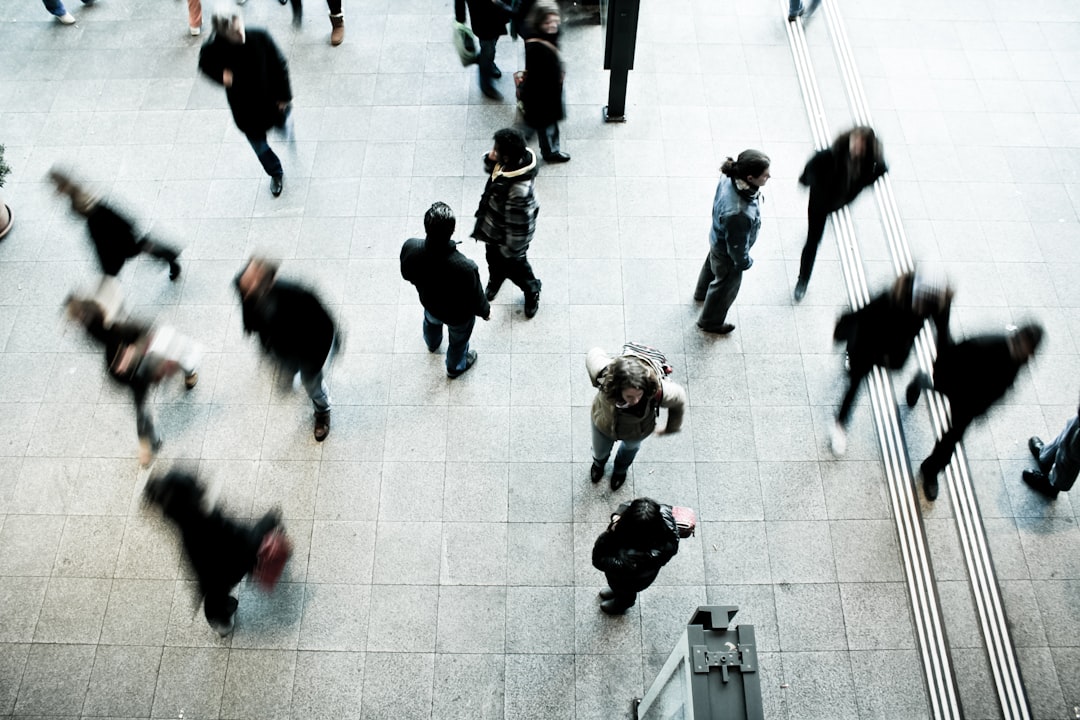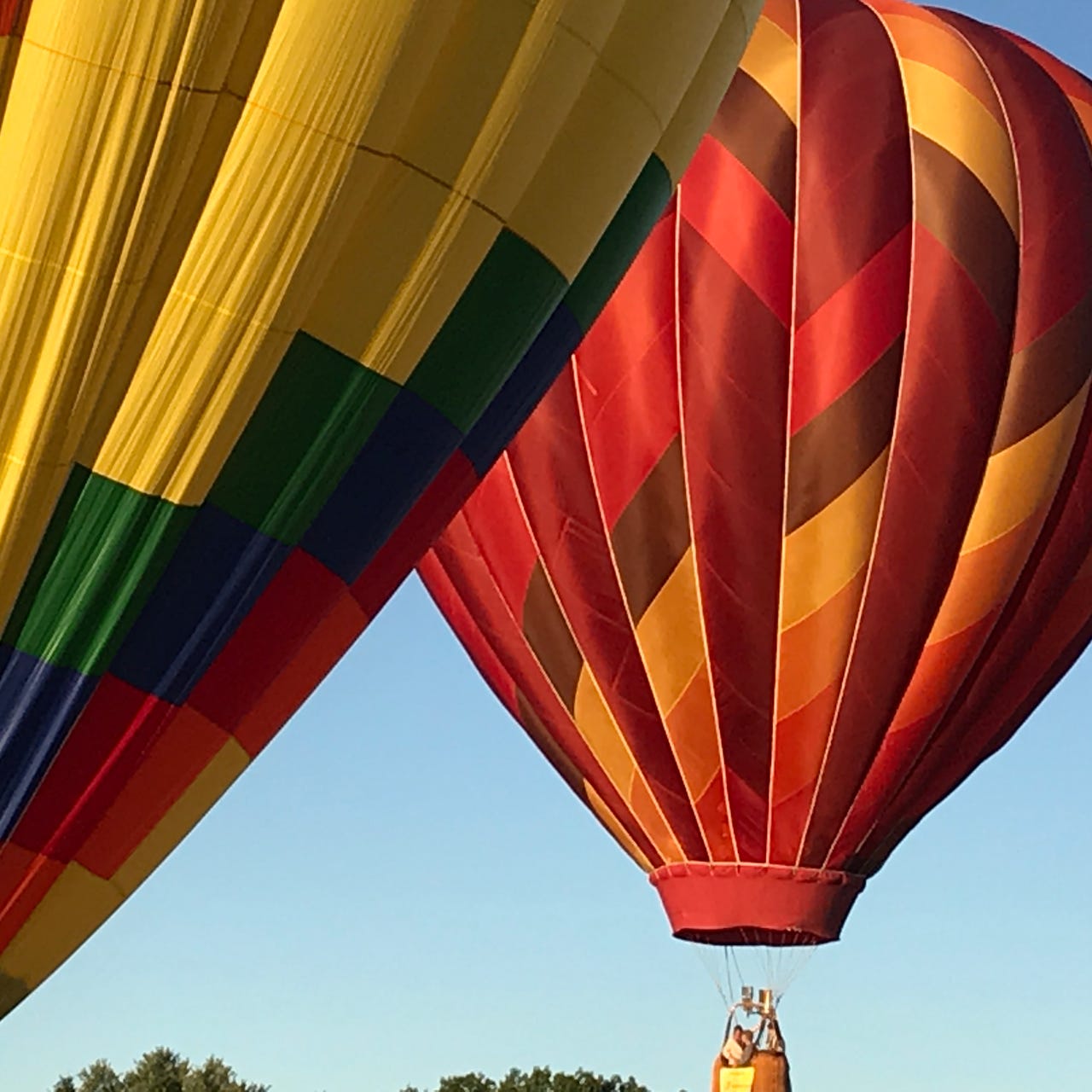People often complain that what we learn in school, like say algebra, has no value, no real life application. Sometimes these people opine on how we’d be better off learning how to file a tax return. I’m not usually predisposed to the utility angle in education. It always seems to me that if you want to learn how to file your taxes or balance your checkbook, you can look it up on youtube. What we do need is gifted teachers to help us learn how to think and people with nuanced sensibilities to teach us about different modes of feeling. It’s clear now, as we gawk helplessly at the horror in the world, that no one has taught us how to navigate pluralism, an ignorance that deepens every day. We were indoctrinated as children to believe that differences lost their bite in the melting pot, but every year, every election season, we are more and more boiled to a crisp in its oil. This is not because pluralism is no longer the standard, the pot of gold at the end of the rainbow. It’s because we are illiterate when it comes to understanding how it works.

Wise people are always giving lip service to the idea that we are at heart all the same. We bleed, we cry, we eat and love our children. We laugh, we worry, we try to be good and struggle to think of the world outside the front door. We want it to be so, but paradoxically experience shows that you and I are also deeply different. You have observed Easter with its central image of horrific public suffering in what is now Israel and its promise of redemption, softened by eggs and chocolates and little girls in maryjanes. I will soon celebrate Passover, the festival of liberation, steeped in centuries of mumbling in a language most of us don’t understand. This mumbling, both tender and tedious, was brought to us by our grandparents who came here under great duress from the general neighborhood of Ukraine before there was an Israel. You and I are different. You are trying to break the fast of Ramadan in Palestine when you haven’t had enough to eat for months. I am trying to understand and meaningfully respond to this catastrophe while getting a grip on my carb intake.
It’s an awakening to look at people walking on two legs, hearing with two ears and appreciate that these people might understand the human predicament in ways radically different from one’s own. Mid-century liberal families like mine promoted a culture of sameness among peoples that was in no way validated by experience. We were fed a tasteless pablum of instant pluralism, but no one explained how to digest it, how to actually meet up with Otherness and sit down to a spicy dinner. I was born in Jewish New York in 1945, the smoke from the camps still rank in the air. Yet, no one…NO ONE spoke of the Holocaust when I was a child. Upper Broadway was populated by Jews and Puerto Ricans. We were very different. The people who spoke Spanish ate different food and listened to different music. The school system kept us completely segregated in separate classrooms. We were afraid of them and stayed out of their way. I imagine that they may have been afraid of us as well. We were white, we had advantages. But I don’t even really know if this was true because I had no Puerto Rican friends. Everyone I knew was Jewish. I was twenty-five before I had a meaningful encounter with difference and that’s when I experienced antisemitism.
It happened in the American deserter community in Sweden where I lived with my first husband during the Vietnam War. There were two groups of American exiles in Stockholm in the ‘70s. There were nineteen year olds who had deserted from the service, usually in Germany, who often came from rural backgrounds and had never met Jews before. Then, there were older, more educated resisters who had been influenced by populist rhetoric about Jewish bankers and plutocrats. Steve and I and one other resister friend were marginalized by these people. They didn’t trust us and didn’t believe we belonged. It was my first experience of exclusion, of being Othered and it was painful but infinitely valuable. It gave me a taste of what Jews throughout history had lived through and it gave me an understanding of what it might be like to be Puerto Rican or Palestinian.
Without living through suffering of one’s own, there can be no capacity for compassion. But instead of introducing us to the reality of our own pain, we were given a watered down version of history borne of American exceptionalism that paved over all the challenges and left us ill-equipped to meet the world. If we had been educated in school but also in the community, in the family, in a history that was de-mythologized; if we had been encouraged to look deeply into our own story and the stories of our neighbors, we would not be so helpless and so susceptible to distortions of what happened in the past in Galicia and what is happening now in Gaza. Compassion would rain down on all of us, infinite and various as the stars in the sky and the wildflowers in the meadow.
***************************************************************************************************
Many Voices will appear on the last Sunday of each month and will feature contributions from the community of paid subscribers. All subscribers are now welcome to read Many Voices posts. In April, Many Voices will feature a piece by Paula Halpin, a retired magazine editor living in the beautiful Gatineau Hills of Western Quebec. Paula is grateful for finally having the time, perspective and opportunity to write and share stories.
Please consider upgrading to a paid subscription to support seventysomething, have access to the archives, and become a contributor to Many Voices. Your ideas are always welcome.
*************************************************************************************************************
Copies of my 2019 essay collection, Twilight Time: Aging in Amazement, are available directly from me (signed) or from Amazon or your local bookseller.
*************************************************************************************************************



Yes.
". . . how to actually meet up with Otherness and sit down to a spicy dinner." That is the question. Thanks for asking it. I found myself thinking of Trywoodie Camp, Susie, if that ring's a bell? I think pluralism was the point.